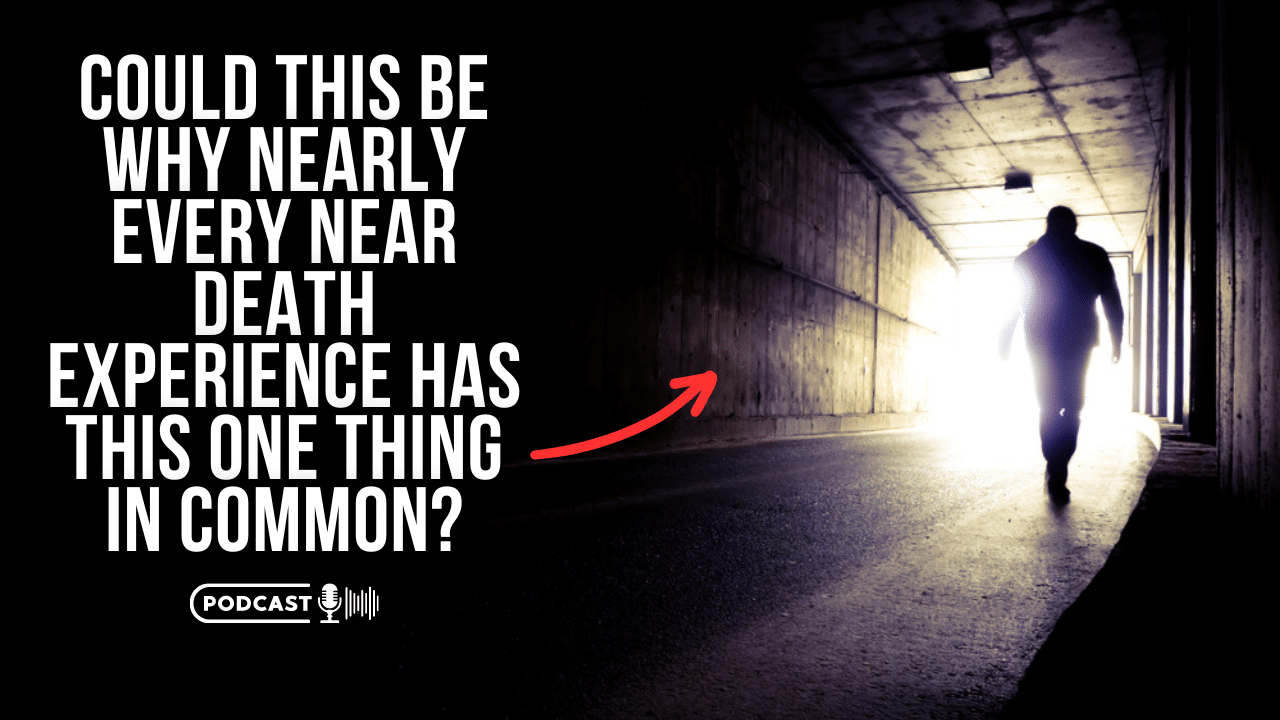According to a report from the Guardian, Peru’s president, Pedro Castillo, has been removed from office and detained on charges of “rebellion” after he announced he would shutter congress and install a “government of exception” – just hours before he was due to face an impeachment vote.
The public prosecutor’s office confirmed late on Wednesday that Castillo had been arrested and charged with allegedly “breaching constitutional order”, after he was accused of an attempted coup and seen fleeing the presidential palace.
Earlier in the day, the country’s national police tweeted that “former president” Pedro Castillo had been detained, shortly after congress voted to remove him.
The vote came after Castillo ordered a night-time curfew and the reorganisation of the judiciary and prosecutor’s office, which is investigating him for alleged corruption and influence trafficking – charges which he denies.
Castillo’s vice-president, Dina Boluarte, described the move as a coup attempt, and hours later was sworn in as the new president, becoming the first female head of state in Peru’s history.
Boluarte called for a political truce and the installation of a national unity government. “What I ask for is a space, a time to rescue the country,” she said.
The day of high drama put an end to Castillo’s tumultuous 17 months in power, which has already seen five cabinets, more than 80 ministers, six criminal investigations and two failed attempts to impeach him.
In a televised speech, Castillo said he would temporarily shut down congress, launch a “government of exception” to rule by decree and called for new legislative elections.
Meanwhile, Twenty-five people have been arrested in raids across Germany on suspicion of plotting to overthrow the government. According to the BBC, The group of far-right and ex-military figures are said to have prepared for a “Day X” to storm the Reichstag parliament building and seize power.
A man named as Heinrich XIII, from an old aristocratic family, is alleged to have been central to their plans. According to federal prosecutors, he is one of two alleged ringleaders among those arrested across 11 German states.
The plotters are said to include members of the extremist Reichsbürger [Citizens of the Reich] movement, which has long been in the sights of German police over violent attacks and racist and antisemitic conspiracy theories.
They also refuse to recognise the modern German state. Other suspects came from the QAnon movement who believe their country is in the hands of a mythical “deep state” involving secret powers pulling the political strings. Interior Minister Nancy Faeser assured Germans that authorities would respond with the full force of the law “against the enemies of democracy”.
The Reichsbürger group aren’t new – they pre-date the pandemic. But this audacious plot indicates increased commitment – and radicalisation – which could go hand-in-hand with the growth of pandemic disinformation online.
The plot to kidnap the German health minister – masterminded by a gang linked to these people back in April – is the first indication this has strong ties with Covid-19 conspiracy movements. Telegram groups related to “citizens of the Reich” show an interest in conspiracy theories suggesting Covid-19 and vaccines are part of sinister plots to control populations.
There’s disinformation about the war in Ukraine – and posts too about QAnon, the sprawling US conspiracy theory that has links to the riots at Capitol Hill on January 6th.
They post in support of the Sovereign Citizens movements, which at its heart believes they are immune from government rules. Ultimately this group has co-opted a range of conspiracy beliefs that push the idea evil cabals are looking to control our lives – and they’ve got to overthrow them.

















